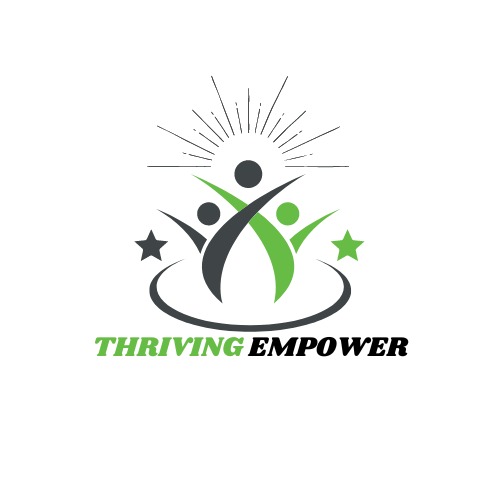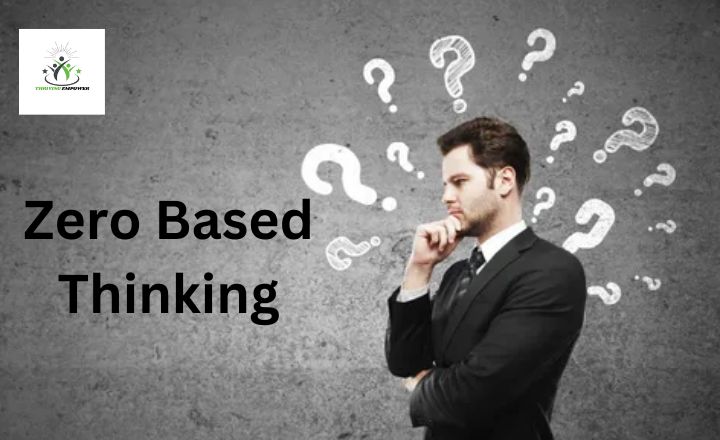How to use Zero Based Thinking when making hard decisions is a strategic approach that encourages you to start from ground zero, free from any historical or emotional baggage.
In a world overflow with endless choices and complex problems, mastering the art of Zero Based Thinking can be your key to clarity and effective decision-making. By using this method, you open up new pathways for transformation and creativity in problem-solving.
What does Zero Based Thinking mean?
Zero Based Thinking is a mindset that encourages individuals to question every aspect of their lives and decisions, starting from scratch with a clean slate. It involves examining all assumptions, beliefs, and habits to determine if they are still serving a purpose or if they can be improved upon.
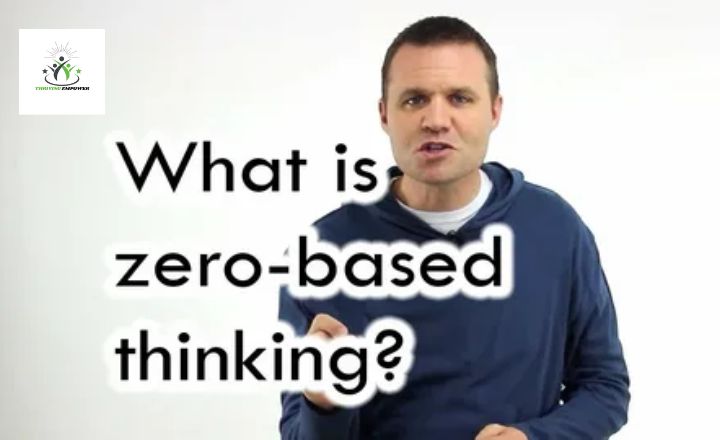
It allows for greater creativity, flexibility, and adaptability in decision-making processes as it encourages continuous evaluation and optimization of one’s actions. Zero Based Thinking can lead to transformative personal growth and development.
When To Use Zero Based Thinking
Zero Based Thinking can be a powerful tool when making decisions that require a fresh perspective. By starting from zero and reevaluating all assumptions and beliefs, you are able to break free from the control of past experiences and biases.
When faced with a challenging situation or decision, Zero Based Thinking can help you to avoid unnecessary complexities and focus on what truly matters. Rather than relying on traditional methods or solutions, this mindset encourages you to approach problems with an open mind and explore unconventional ideas.
Steps
There are following steps to use Zero Based Decision
- Face up to those difficult decisions
- Know when something isn’t quite right
- Make a decision to stop
- Learn how to cut your losses
- Study the opportunity cost and the law of comparative advantage
- Sum up your understanding and start over
Face up to those difficult decisions:
When faced with difficult decisions, it’s crucial to embrace the concept of zero-based thinking. This approach challenges us to evaluate situations from a neutral standpoint, disregarding any assumption.
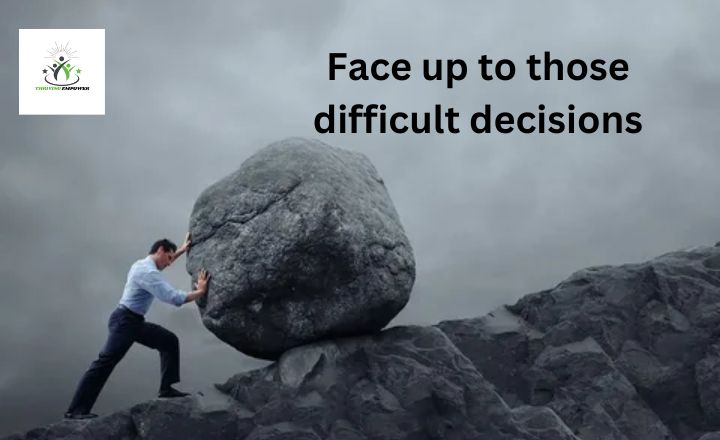
By stripping away the layers of complexity and starting from scratch, we can gain clarity and make more rational choices. By confronting difficult decisions using zero-based thinking, we open ourselves up to new possibilities and opportunities for growth.
Know when something isn’t quite right:
When something feels off or out of place, it’s crucial to take a step back and analyze the situation from a fresh perspective. Zero-Based Thinking allows us to identify areas that may need attention or adjustment before they escalate into larger issues.
By acknowledging that something isn’t quite right, we empower ourselves to make changes for a more fulfilling life experience. Sometimes it’s the small shifts in perspective that can lead to significant transformations in the long run.
Make a decision to stop:
Before you take any action, evaluate the cost of inaction. By making a decision to stop, you create space for brooding and self esteem. Every moment is an opportunity to choose differently, shaping your life in alignment with your true desires.
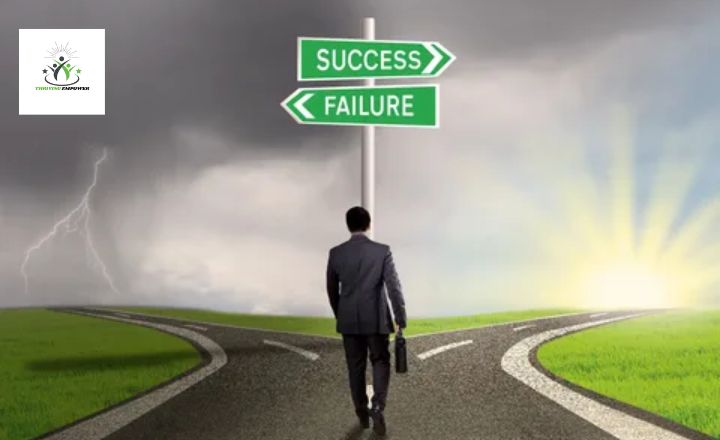
The concept of stopping can lead to profound moments of insight and transformation. As you make intentional decisions to stop, it’s not about giving up but prioritizing what truly matters to you. Trust in the process of releasing old attachments and watch as new opportunities unfold before you.
Learn how to cut your losses:
One powerful strategy to cut your losses effectively is to adopt Zero-Based Thinking. This concept, popularized by Brian Tracy, encourages individuals to evaluate their decisions based on current circumstances rather than past investments. Zero-Based Thinking requires a shift in mindset towards adaptability and resilience.
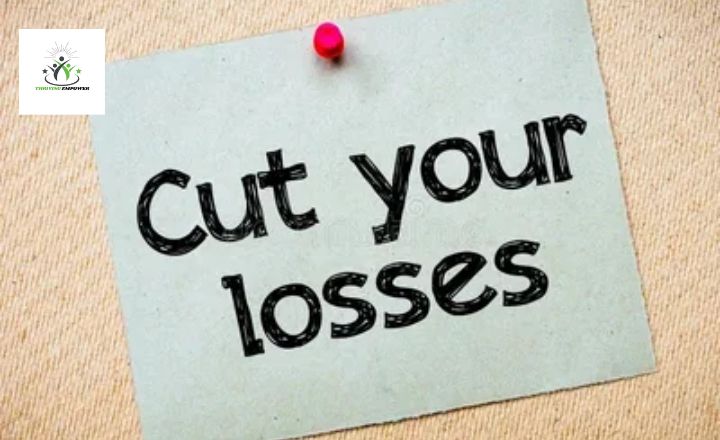
This approach empowers you to learn from failures and pivot towards more promising opportunities. Mastering the art of cutting your losses through Zero Based Thinking enables you to navigate challenges more effectively and position yourself for long-term success.
Study the opportunity cost and the law of comparative advantage:
Understanding the concept of opportunity cost and the law of comparative advantage is crucial for making informed decisions. By recognizing that every choice we make comes with a cost, whether it be in terms of time, money, or resources, we can better evaluate our options and allocate our resources effectively.
By embracing economic principles and actively seeking out opportunities to capitalize on them, individuals and societies can set themselves up for long-term success and prosperity in an increasingly competitive global landscape.
Studying the opportunity cost and embracing the law of comparative advantage is not just about making calculated decisions; it’s about adopting a mindset that prioritizes efficiency, strategic thinking, and collaboration.
It’s not just about maximizing returns; it’s about creating sustainable value for ourselves and those around us by tapping into our inherent advantages while acknowledging our limitations.
Sum up your understanding and start over:
Summing up your understanding and starting over can be a powerful practice in both personal and professional realms. Zero-based thinking challenges us to reassess our assumptions, decisions, and actions without being tethered to past experiences or biases.

Summing up our understanding and starting over is not about discarding all that we have learned or accomplished thus far; rather, it is about exploiting our past experiences as stepping stones towards new possibilities.
Conclusion – Zero Based Thinking
Zero based thinking is a powerful tool that encourages individuals to question their assumptions and make decisions based on current information rather than past practices. By adopting this individual can break free from the restriction of traditional thinking patterns and drive creativity,
FAQs
What is Zero Based Thinking?
Zero Based Thinking is a decision-making technique that involves starting from scratch and evaluating all options without bias.
How can Zero Based Thinking benefit my business?
Zero Based Thinking can help identify inefficiencies, reduce costs, and drive innovation by encouraging a fresh perspective on problem-solving.
Are there any potential drawbacks to using Zero Based Thinking?
While beneficial overall, Zero Based Thinking may require more time and effort initially due to the need for thorough evaluation and analysis.
How can Zero Based Thinking help me make hard decisions?
Zero Based Thinking helps you approach decisions objectively, consider all possibilities, and make choices based on facts rather than emotions.
When should I use Zero Based Thinking?
You should use Zero Based Thinking when faced with difficult decisions that require careful consideration and an open mind.
Is Zero Based Thinking time-consuming?
While it may take some time initially to apply Zero Based Thinking, the structured approach can ultimately save time by leading to more informed decisions.
Can anyone use Zero Based Thinking?
Yes, anyone can use Zero Based Thinking as long as they are willing to challenge their assumptions and think critically about their choices.
Does Zero Based Thinking guarantee a successful outcome?
While there are no guarantees in decision-making, using Zero Based Thinking can increase the likelihood of making a well-thought-out choice.
